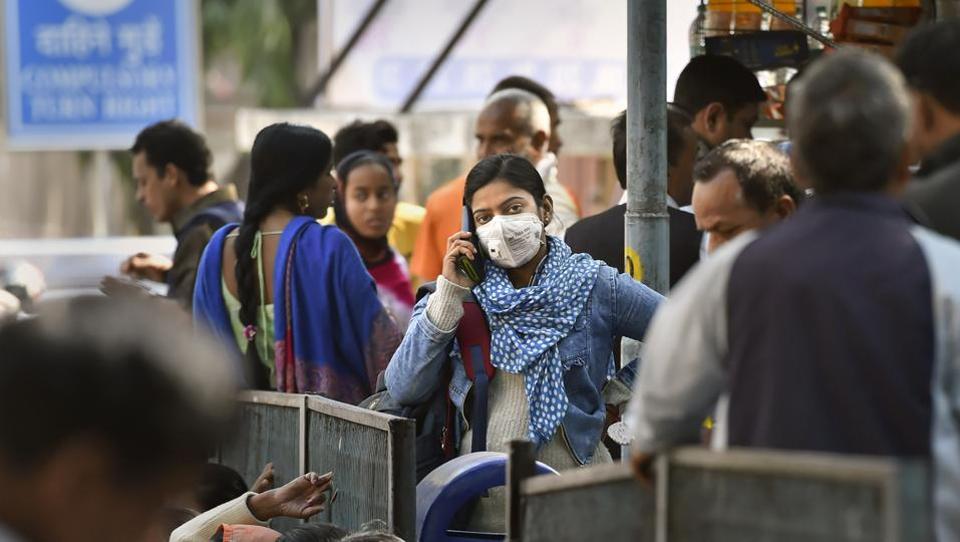Wikipedia’s SWASTHA project to help fight Covid-19 fake news in India: Report
Wikipedia is doing its bit to help fight rumours and fake news circulating around the Covid-19 pandemic.

Wikipedia is working on a new project called "SWASTHA" to fight misinformation relating to the Covid-19 pandemic, reports Gadgets360. SWASTHA stands for Special Wikipedia Awareness Scheme for The Healthcare Affiliates and is aimed at helping readers stay informed about the virus in Indic languages.
Abhishek Suryawanshi, Founder and Director of Wikipedia's Project SWASTHA, told the publication that Wikipedia was receiving about 10 times more traffic than the official sites of CDC and WHO combined. He also said that the platform had about 300 times more traffic than the Indian government's official site.
"Over 10 lakh people are reading one article every day on Wikipedia, and they have the option to correct something if something is wrong. When it comes to the government agencies, we have officially listed the Ministry of Health's website which is seeing on all the language Wikipedias and most of the traffic, if you do the traffic analysis of the Ministry of Health's website, it is getting redirected from Wikipedia itself," Suryawanshi told the website.
"So I feel like it's a both complimentary situation. The Government of India has authentic sources. They have a lot of information. Whereas on Wikipedia, we have the exact opposite problem. We have a wider reach, but content is an issue for us," he added.
Wikipedia last month started providing Covid-19 information in as many as nine Indian languages including Hindi, Bangla, Tamil, Bhojpuri, Arabic, Kannada, Malayalam, Telugu and Urdu.
Wikipedia's SWASTHA is working with the Indian National Health Authority and Ministry of Health. The group also works with the WHO and international pandemic control experts from John Hopkins University in the US among others.
Wikipedia's new initiative comes at a time when social networking platforms are taking various measures to counter fake news, rumours and hoaxes relating to the Covid-19 pandemic.
For instance, Facebook has given unlimited ad credits to the WHO. Recently, it announced investing $100 million in journalism to support accurate reporting.
About $25 million of the total fund will be given for local news via the Facebook Journalism Project. About $75 million will be given in the form of "additional marketing spend" to global news organisations.
WhatsApp has also pledged $1 million to combat misinformation related to the coronavirus pandemic.
Google has launched a resource website for the Covid-19 pandemic. The company has also pledged $800 million worth of support for health organisers, researchers and businesses.
Catch all the Latest Tech News, Mobile News, Laptop News, Gaming news, Wearables News , How To News, also keep up with us on Whatsapp channel,Twitter, Facebook, Google News, and Instagram. For our latest videos, subscribe to our YouTube channel.































